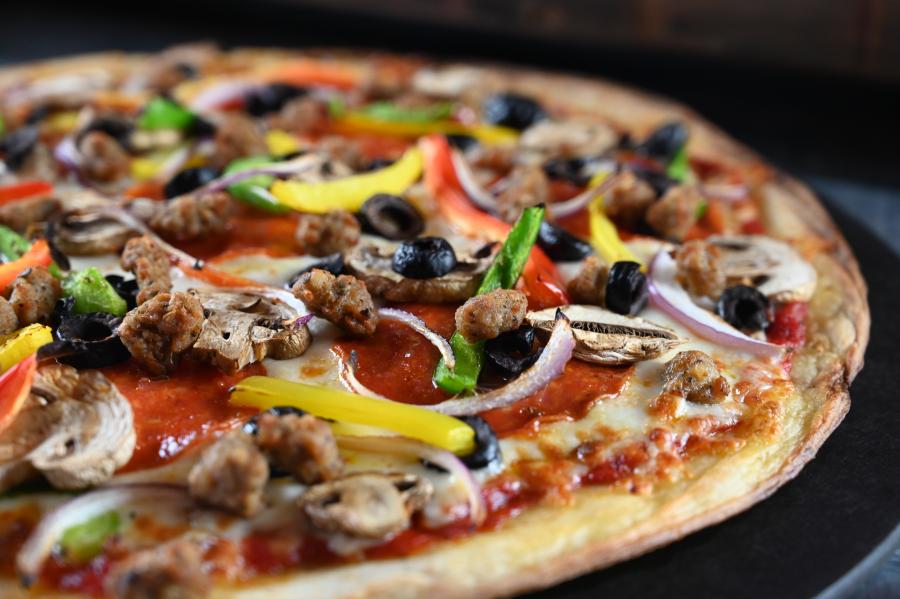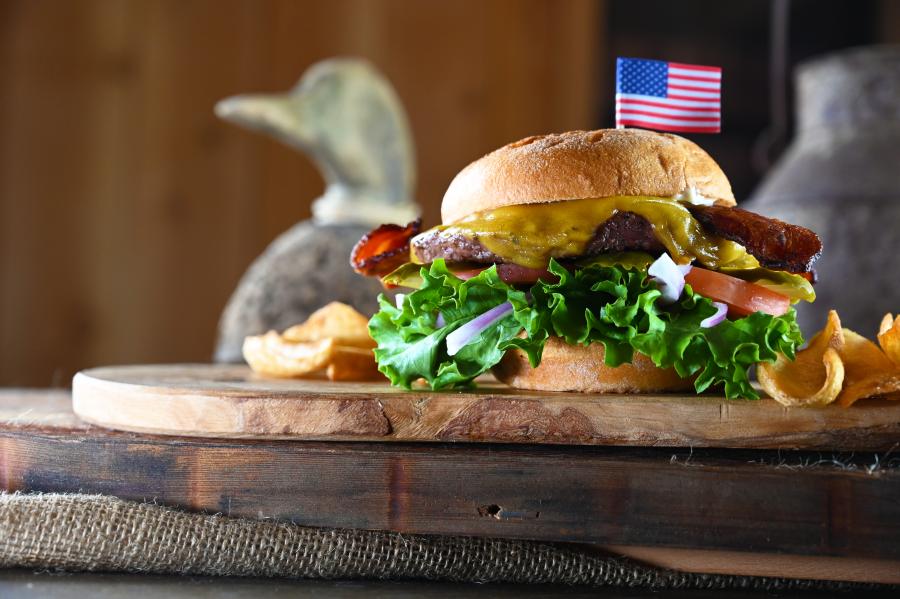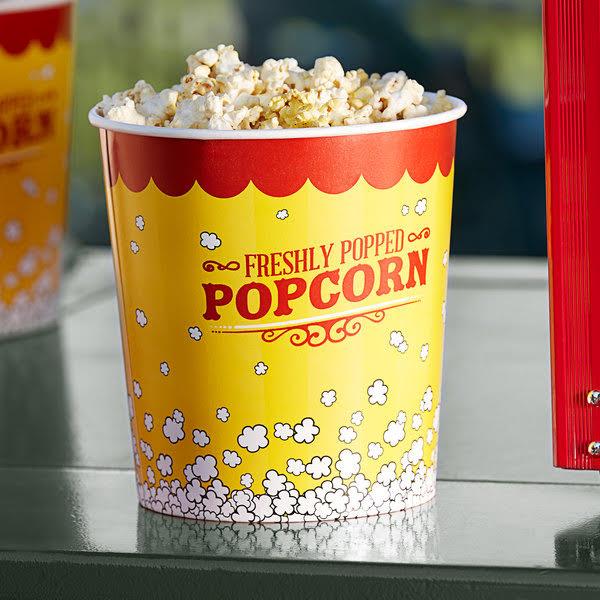Experts estimate about 220 million people have food allergies around the globe. In direct response, the allergy-minded food industry is expected to jump from about $90 billion in 2018 to more than $161 billion by 2026.
If you have not yet had a guest ask if you have food options free of gluten, dairy, and other potential allergens, the inquiries will soon become more common.
How can attractions, regardless of their size, prepare to meet these allergen-free needs? Here is advice from those who are already successfully doing so.
Focus on Gluten-Free
With so many different food allergies, it's hard for attractions to meet all needs. For this reason, Josh Hizon, lead designer and head consultant for Profitable Food Facilities Worldwide, suggests attractions focus on gluten-free items.
"People with nut allergies, people with dairy allergies, they tend to be a little more cautious when it comes to eating out," he explains. "But gluten free is an allergen that people are still going out and expecting that you can provide; it's also a dietary choice now as well."
James Mendez, executive chef at Langer's Entertainment Center in Sherwood, Oregon, agrees. "It's just kind of cultural now—if you're not building up some sort of gluten free friendly policies, it would be a poor choice, in my opinion."
At Langer's Entertainment Center, Mendez says their menu includes a variety of gluten-free options, including pizza, buns for burgers and sandwiches, chicken wings, and salad dressings. "On all of my menus, we have little gluten free indicators," he explains.
Mendez says offering a gluten-free bun is a great first allergen-friendly addition to food offerings. "What we like about gluten-free buns is they come individually wrapped ... and they come in frozen as well, so it's not a huge inventory piece to worry about," he explains. "You don't have buns going bad; you're not losing product."
Friendly vs. Free
At Skateland in Des Moines, Iowa, co-owner Romina Muse was inspired by personal experience to offer gluten-free options at their concessions stand.
"My husband [and co-owner] Dante and my daughter are both Celiac, so they have to eat a gluten-free diet," Muse says. "In the winter, we pretty much live at the skating rink, so I would have my freezer full of snacks and food for them. We kept getting requests on gluten-free options and we kept saying we didn't have anything. But then we were like, wait—we have our freezer stocked with things for them, so why not offer those [to guests]. We know what we're doing right as far as cross-contamination [and] we know that we can accommodate those needs with the equipment that we have."
Skateland focuses its gluten-free offerings on pizza, nachos, and popcorn. Muse says accommodating gluten-free allergies is not as hard as people might think. "It may be a little adjustment at first, a little more training for your employees, but it's not as hard as it may seem."
Muse says attractions can opt to call their food offerings "gluten friendly" rather than "gluten free." "I understand that it could be very, very scary to tell somebody my food is 100% gluten free, you're totally fine," she says. "What if something happens? Nobody wants that. However, you can always say that your food is gluten friendly. And then you tell the customer, listen, we've dealt with this [before], we do this a lot, we train our [staff], we do the best that we can, and people do appreciate that."
Staff Training Tips
Experts agree proper training is paramount when offering allergen-free food items.
Mendez says Langer’s explains their allergy-free food options in their staff training documentation and teaches staff the types of follow-up questions to ask if a guest mentions a food allergy.
"Just [start] the conversation with the guests, because it's on the guest to communicate their needs, and we don't have any information until we get it out of them," he says.
Hizon suggests making everything visual to keep staff informed. For example, he provides a detailed list at each cashier point-of-sale stand that lists potential allergens in their menu items. "So, if somebody does ask the question, they don't have to come find me or another manager—they have the answers right there at the cash register," he explains.



